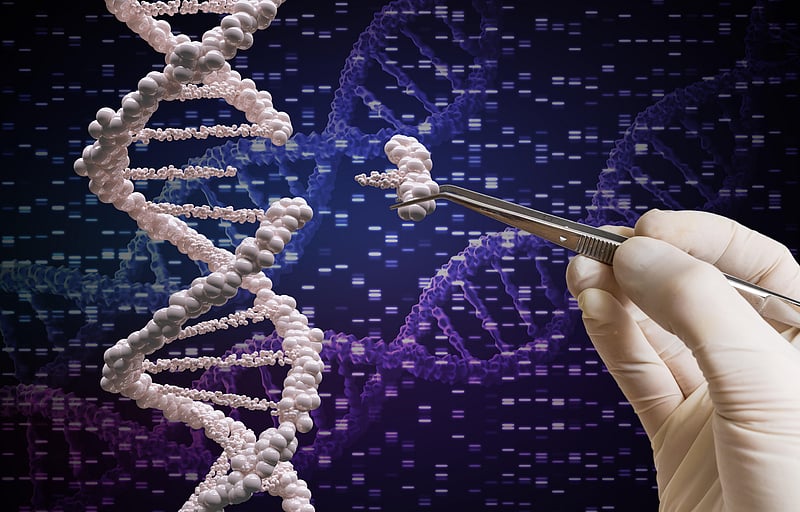Manténgase sano!

- Robert Preidt
- Posted May 4, 2022
Scientists Get Close to Genetic Cause of Lupus
There is no cure for lupus yet, but new genetic research may at least point to new treatments for the chronic disease.
An international team of researchers has identified a gene mutation linked with lupus. An autoimmune disease, lupus causes organ and joint inflammation, fatigue and a number of other problems. In severe cases, symptoms can be debilitating and complications can be fatal.
Current treatments focus on suppressing the immune system to ease symptoms.
"It has been a huge challenge to find effective treatments for lupus, and the immune-suppressors currently being used can have serious side effects and leave patients more susceptible to infection. There has only been a single new treatment approved by the [U.S. Food and Drug Administration] in about the last 60 years," said study co-author Carola Vinuesa, co-director of the China Australia Centre for Personalised Immunology (CACPI) and group leader at the Francis Crick Institute in England.
"This is the first time a TLR7 mutation has been shown to cause lupus, providing clear evidence of one way this disease can arise," Vinuesa added in an institute news release.
In this study, scientists conducted whole genome sequencing on the DNA of a Spanish girl who was diagnosed with severe lupus when she was 7 years old. Such a severe case with early onset of symptoms is rare and indicates a single genetic cause, they explained.
The researchers found that the girl had a single-point mutation in the TLR7 gene, which senses viral RNA. They then identified other cases of severe lupus where this gene was mutated.
To confirm that the mutation causes lupus, the scientists said they introduced it into mice. The rodents then developed the disease, according to the study.
"While it may only be a small number of people with lupus who have variants in TLR7 itself, we do know that many patients have signs of overactivity in the TLR7 pathway. By confirming a causal link between the gene mutation and the disease, we can start to search for more effective treatments," said study co-author Nan Shen, co-director of CACPI.
The findings were published April 27 in the journal Nature.
More information
For more on lupus, see the Lupus Foundation of America.
SOURCE: Francis Crick Institute, news release, April 27, 2022







